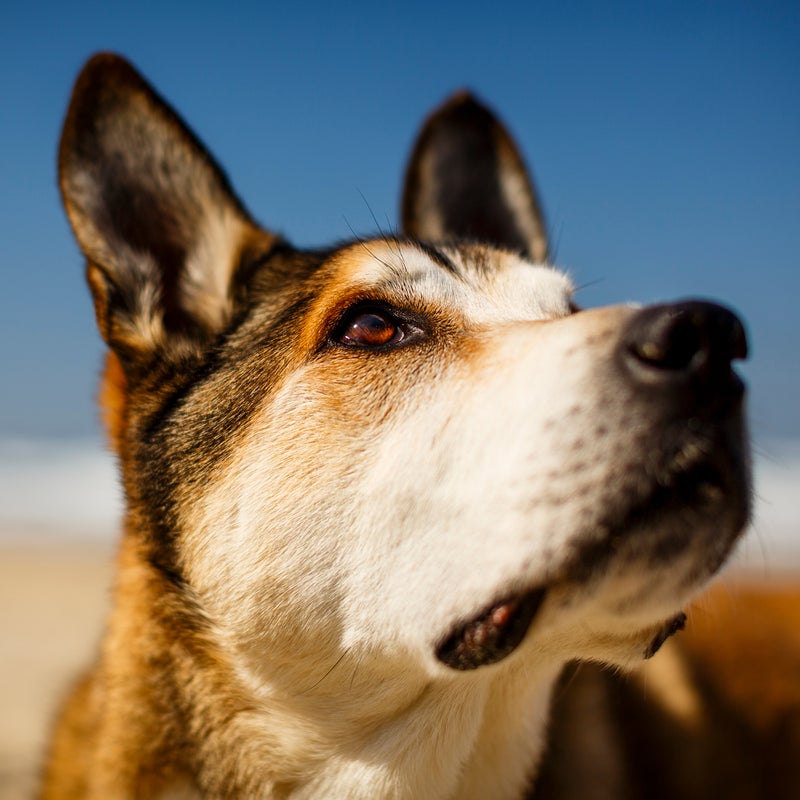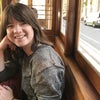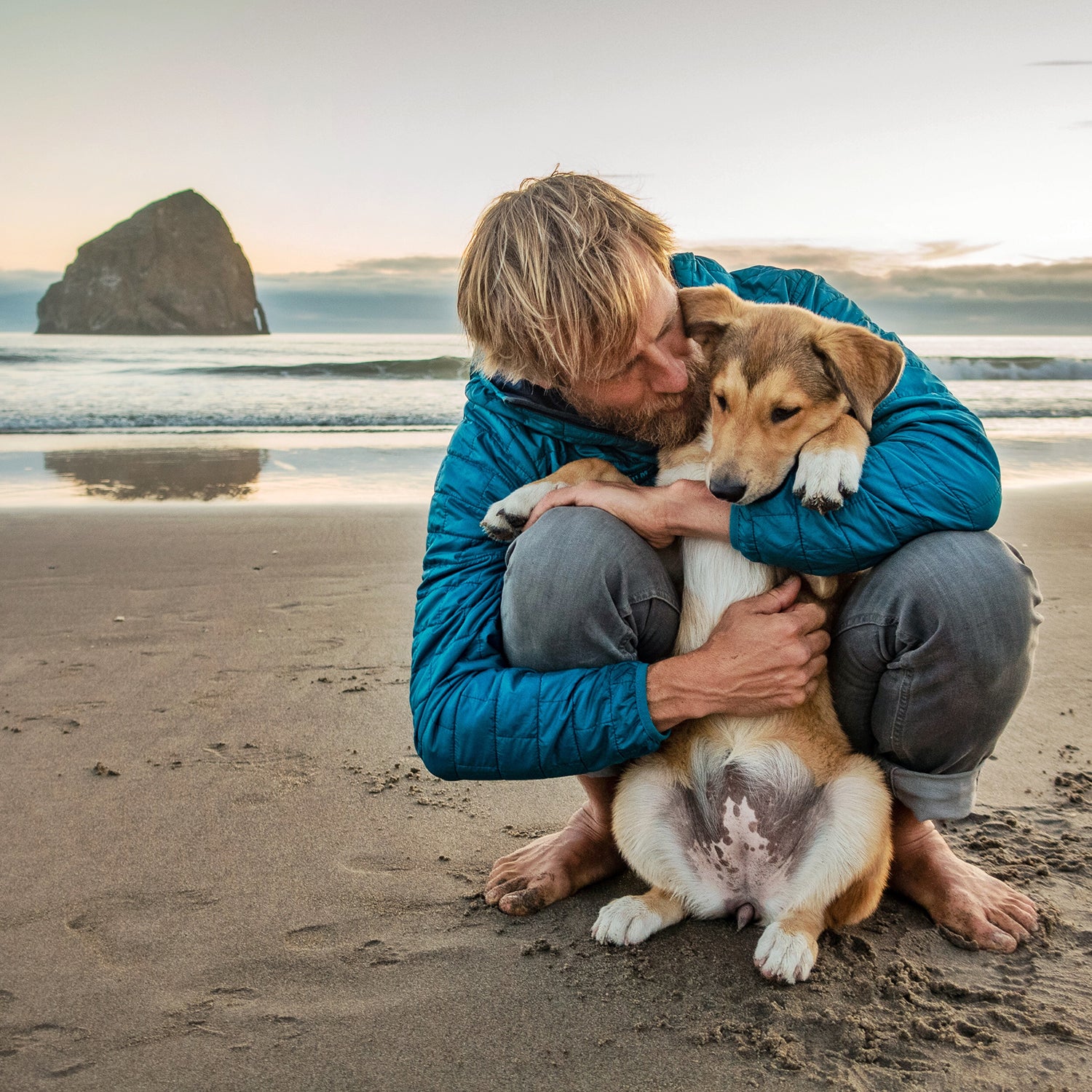Millions of viewers have shed tears over Denali,��an eight-minute film about photographer and filmmaker Ben Moon’s dog that went viral (including on �����ԹϺ���’s website) in 2015. Moon’s pup—yes, named Denali—was by his owner’s side during nearly a decade and a half of intense life changes. The film commemorates Moon and Denali’s life together: early years blissfully dirtbagging, Moon’s battle with colorectal cancer at 29, and Denali’s final days—Moon takes Denali to revisit favorite outdoor spots after the dog��gets a cancer diagnosis, too. The film was narrated from Denali’s��perspective and��voiced charmingly by filmmaker Ben Knight (who Moon tells me is actually a cat person).
Now��Moon has written a memoir on the same subject to include tougher parts of the tale. The book, also called , was published January 14. Moon was encouraged to write a book because of the outsize response to the video: the film got two��million views in the two days after it was posted. As with anything that goes viral, Moon felt Denali’s story was out of his��hands after a point. “I really had to separate myself and my story from that,”��Moon says. “It was very personal, but everyone’s going to relate to it in their own way.”
Overwhelmed, Moon talked to filmmaker and Meru producer Shannon Ethridge, who observed that with all the interest swirling around his story, it might be best to put it down in his own words first. Moon knew that a lot of people interested in expanding Denali’s tale��just wanted a longer version of the film: a cute dog story told in a cute dog’s voice. But Moon had no desire to belabor that. What he’d really experienced with Denali was 15 years of scary, painful, exhilarating personal growth.
In his memoir, Moon doesn’t tiptoe around his struggles with depression and anxiety,��the dissolution of his marriage not long after he adopted Denali,��or the confusing, frightening experience of being diagnosed with a type of cancer that’s so rare in young��men that they often don’t get��tested for it. While writing the book over the past four years, he lost three friends under the age of 40 to cancer. He also believes that if a friend hadn’t convinced him to go in for a colonoscopy in 2004, he may never have beaten the illness.

“I don’t personally think my story is remarkable, but the experiences I went through are relatable,” Moon says. “I hope they can be a help to others.”
To that end, Moon included as much detail as possible about his cancer experience. He gave an honest account of navigating health insurance and going through cancer treatment (he’s since 2004, while still surfing and climbing). This time the��narrative is told mostly from Moon’s��perspective,��not Denali’s.
Still, Denali the book remains, in many ways, a very sweet dog story. The dog’s character functions as a caregiver without opposable thumbs. We read about Denali watching his owner with concern as Moon passes out on a camping trip due to��the cancer symptoms. He’s gentle every time Moon comes home from treatment. He even cleverly uses his head to��open��a door after hearing Moon in pain.��Denali is a constantly supportive presence, sometimes in ways that Moon’s��human friends could not be: chemotherapy is exhausting, and as well-meaning as human friends are, they aren’t always quite as comfortable sitting in silence as dogs are.
“I was fortunate that they let me bring him into the hospital,” Moon tells me, then pauses. “Actually, I don’t know if I was allowed to. I don’t��remember how he got up there, but I was just glad he was there with me.”
After all, a dog’s presence during the quieter moments can be a big reason why the human-canine relationship feels so essential. Fifteen years is a long time to spend in the company of��another being and, as Denali and Moon’s story illustrates, a pet’s presence can become one of life’s most consistent connective threads. That’s a truth that any pet owner can relate to, even those who haven’t experienced the same intensity of tragedy and adventure as Moon and Denali.
“Dogs are [our] mirrors,” Moon says. “When they’re��misbehaving or acting out, it’s��probably because we’re��anxious��or they just need to get outside.
“Which we probably do, too,” he says.


